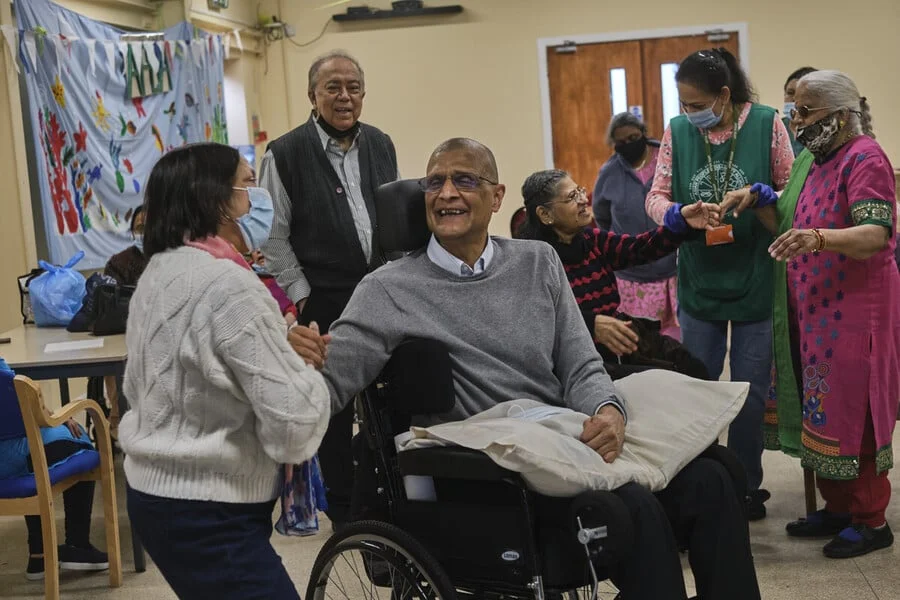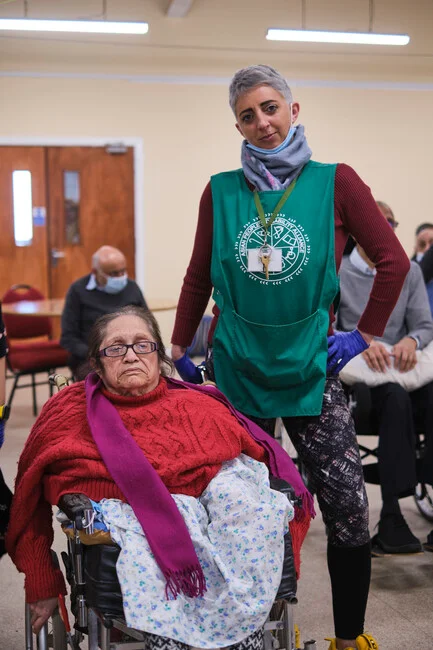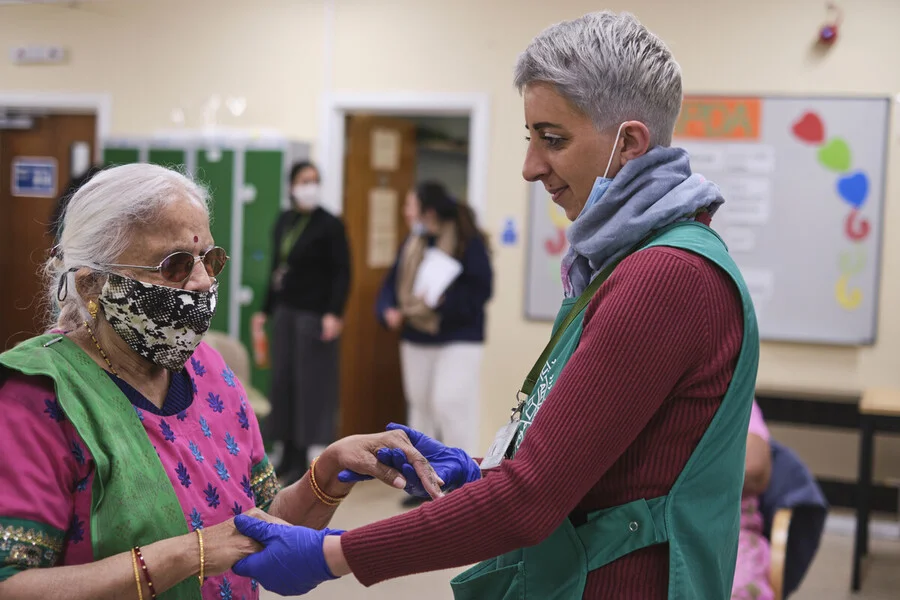Tips on Researching Government and Community Programs for Seniors
As our loved ones age, ensuring they receive the care and support they need becomes increasingly important. Sometimes, however, this can be daunting, especially if financial resources are limited. Thankfully, there are various government and community programs designed to assist seniors in different aspects of their lives, from healthcare to social activities and financial aid. In this article, I’ll guide you through practical tips on how to research and access these valuable resources for seniors.
Government and Community Programs

Government and community programs for seniors are initiatives created by local, state, and federal authorities, as well as nonprofit organizations, to provide support and services tailored to the needs of older adults. These programs can range from healthcare assistance and financial aid to recreational activities and social services. The goal is to improve the quality of life for seniors and ensure they have access to essential resources that promote well-being and independence.
Start with Your Local Department of Aging
Your local Department of Aging is often the best place to begin your search for senior programs. Every state has its own department dedicated to addressing the needs of older adults. These departments serve as a hub for information on available services such as meal delivery programs, transportation assistance, and even legal advice tailored to seniors. They can also direct you to other local agencies or organizations that offer specific services your loved one may require.
Research Online Resources
In today’s digital age, many government and community programs have online portals where you can find detailed information and even apply for services. Websites such as Benefits.gov provide a centralized location to search for benefits based on your location and specific needs. You can explore categories like healthcare, housing assistance, and income support, filtering results to match your requirements.
Utilize Senior Centers and Local Resources
Senior centers are invaluable community hubs that offer a wide range of programs and services for older adults. These centers often host social activities, health screenings, educational workshops, and more. Visiting a local senior center allows you to connect directly with staff who can guide you through available resources and activities in your area. Additionally, community bulletin boards and local newspapers frequently list upcoming events and services aimed at seniors.
Contact Religious and Secular Charities

Religious and secular charities play a crucial role in supporting seniors through volunteer-driven initiatives and community outreach programs. These organizations often collaborate with local agencies to provide services such as food assistance, home repairs, and companionship programs. Don’t hesitate to reach out to churches, synagogues, mosques, and community service organizations in your area to inquire about available senior programs and how you can access them.
Attend Community Events and Workshops
Many communities organize events and workshops specifically for seniors and their families. These gatherings cover topics ranging from healthcare options and financial planning to caregiving tips and legal rights. Participating in these events not only provides valuable information but also allows you to network with other seniors and caregivers who may share similar concerns and insights. Check local event listings and community calendars to stay informed about upcoming opportunities.
Seek Guidance from Healthcare Providers
Your loved one’s healthcare providers, such as doctors, nurses, and social workers, can offer valuable guidance on navigating government programs and community resources. They are familiar with your loved one’s health needs and can recommend specific services that align with their medical and social requirements. Healthcare professionals often collaborate with community agencies to coordinate care and ensure seniors receive comprehensive support.
Be Persistent and Patient
Researching and accessing government and community programs for seniors may require persistence and patience. Agencies and organizations may have specific eligibility criteria, waiting lists, or procedural steps to follow. Don’t be discouraged if you encounter obstacles along the way. Keep a record of your interactions, take notes during phone calls or meetings, and follow up regularly to ensure you are on track to accessing the support your loved one needs.
Here are some websites that can help you research government and community programs for seniors:
- Benefits.gov: This website offers a comprehensive database where you can search for government benefits available based on your location and specific needs. It covers categories such as healthcare, housing assistance, income support, and more. Visit Benefits.gov.
- Eldercare Locator: Managed by the U.S. Administration on Aging, Eldercare Locator connects you to local resources and services for older adults and their families. You can search by ZIP code or city/state to find information on senior services in your area. Visit Eldercare Locator.
- National Council on Aging (NCOA): NCOA is a nonprofit organization dedicated to improving the lives of older adults. Their website offers information on benefits programs, economic security, health and wellness, and advocacy efforts for seniors. Visit National Council on Aging.
- Area Agency on Aging (AAA): AAA organizations are local agencies that provide information, resources, and services for seniors and their caregivers. To find your local AAA, visit the National Association of Area Agencies on Aging’s website n4a.org and use their locator tool.
- Medicare.gov: If you’re researching healthcare options for seniors, Medicare.gov is the official U.S. government site for Medicare. It provides information on Medicare eligibility, coverage options, and how to enroll. Visit Medicare.gov.
- Your State’s Department of Aging: Each state has its own Department of Aging or similar agency that offers information and services for seniors. Search for your state’s Department of Aging online or contact your local government offices for more information.
- Local Senior Centers: Many local senior centers have websites or contact information where you can find details about programs, activities, and services available to seniors in your community. Use a search engine to find senior centers near you.
These websites are valuable resources that can provide information, eligibility criteria, application procedures, and contact details for various government and community programs aimed at supporting seniors. Always verify information directly with the respective agencies or organizations to ensure you have the most accurate and up-to-date details.
Conclusion
In conclusion, researching government and community programs for seniors involves exploring a variety of resources, from local departments of aging to online databases and community organizations. By taking proactive steps to gather information, attend local events, and connect with relevant agencies, you can ensure your loved one receives the necessary support and services to maintain a fulfilling and independent life as they age. Remember, there are numerous programs designed to assist seniors and their caregivers—making the effort to research and reach out can make a significant difference in their quality of life.
Researching senior programs may seem overwhelming at first, but with determination and the right approach, you can navigate the process effectively. Start by reaching out to your local Department of Aging or visiting a nearby senior center to begin exploring available resources today.

